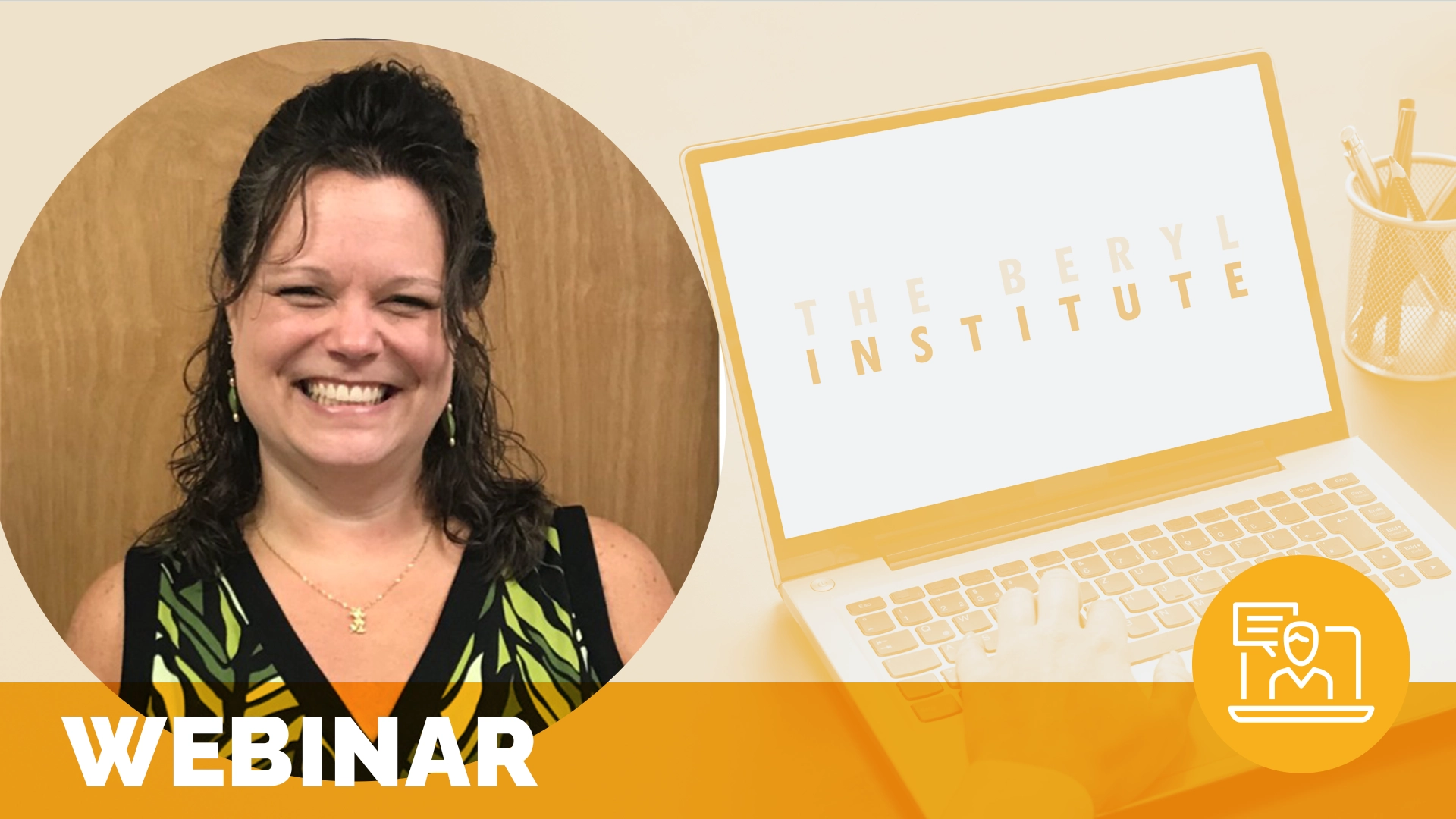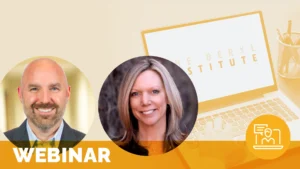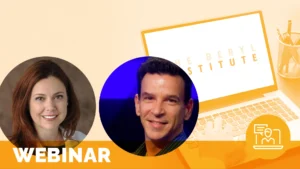A Toolbox for Work-Life Balance

Do you ever feel like you live at work? Do you have a difficult time getting in enough “ME Time” to balance work and life? In this webinar, we will consider some of our roadblocks that get in our way and identify techniques to support living a more balanced, fulfilled life. Utilizing the Fish! Philosophy as a basis for analysis, we will explore a breadth of leadership tips in time/stress management, organizational skills, goal setting, communication, teamwork, delegation and coaching, gratitude, and reenergizing!
Learning Objectives:
-Evaluate personal habits that get in the way of a balanced life.
-Develop skills to assist in work-life balance.
-Reflect and create a personal commitment.
Speaker: Nanette Spedden, MS | Director, Volunteer Services, Penn Medicine Princeton Health
Non-members can purchase webinars at a cost of $49 each.
Related content
-
 Staff & Provider Engagement
Staff & Provider EngagementHOPE Experience Essentials: The Next Generation of Service Standards at Mayo Clinic
Engaging employees in providing exemplary patient experience has been challenging for healthcare leaders in recent years given the pressures of the regulatory environment, increases in staff burnout and rising patient expectations. Amid these challenges, addressing patient experience remains a top priority for healthcare organizations. A novel intervention has been applied at Mayo Clinic with the
Learn more -
 Culture & Leadership | Infrastructure & Governance
Culture & Leadership | Infrastructure & GovernanceReturn on Human Experience: Eight Principles to Inspire Excellence in Healthcare
Join Jason Wolf and Stacy Palmer, authors of Return on Human Experience: Eight Principles to Inspire Excellence in Healthcare, for a conversation on transforming the human experience in healthcare. At its core, healthcare is human beings caring for human beings—yet the complexities of quality, safety, service, cost, and outcomes often pull organizations in different directions.
Learn more -
 Patient Family & Community Engagement | Quality & Clinical Excellence | Staff & Provider Engagement
Patient Family & Community Engagement | Quality & Clinical Excellence | Staff & Provider EngagementCompassion Rounds: Connecting with Patients and Families Beyond a Diagnosis
During a hospitalization, medical rounds address the patient’s physical needs but often fall short of addressing emotional and spiritual needs. Compassion rounds is an innovative program that focuses on a patient’s mind, body and spirit. It assists families in finding hope, strength, and peace. The goal is to empower patients and families to learn new
Learn more
